

INVESTOR INSIGHTS
MORTGAGE FUND UPDATE
MESSAGE FROM BROCK VANDENBERG
INTERVIEW WITH INVESTOR


BY DAN YATES, CEO OF ENDEAVOR BANK




KENNETH LLEWELLYN
MESSAGE FROM BROCK VANDENBERG
Q&A WITH CURRENT INVESTOR

TEAM MEMBER SPOTLIGHT
TRANSITION FROM INDIVIDUAL TRUST DEEDS TO A MORTGAGE FUND INVESTMENT
QUARTERLY RETURNS
RECENT SUCCESS STORY
LEVERAGING LINES OF CREDIT FOR PRIVATE LENDERS IN THE TRUST DEED INVESTMENT SPACE
HIGHLIGHTED BORROWER
HOW DOES A PRIVATE MORTGAGE FUND MAKE MONEY?
CMA SPONSORED BILL CONFIRMS USURY EXEMPTION WHILE ALSO HELPING BORROWERS (SB 1146)
OPTIMIZING THE POTENTIAL OF MORTGAGE REITS: SOLUTIONS TO COMMON CHALLENGES 2 3 5 7 9 11 13 15 19 21 22
MESSAGE FROM THE PRESIDENT
As we close out the year, I want to extend my sincere gratitude to each of you for your continued trust and partnership
TaliMar Financial has now been operating for over 16 years and the Fund active for over three We have accomplished several notable milestones this year, including surpassing $500MM in total loans funded, $100MM in total loans funded in a single year, and $100MM in total assets under management
This year has presented a mix of challenges and opportunities. With rising interest rates and uncertainty in the banking sector, the private lending industry has experienced considerable growth in a short period of time. In fact, we have successfully grown the size of the fund by over 50% since this time last year and have increased the average interest rate in the portfolio to 10 63%
Our diversified loan portfolio continues to reflect the strength of our approach, balancing risk with opportunity At the end of October, the portfolio had grown to 106 loans totaling $88.98MM, and with one hundred percent of the portfolio in performing status.
We remain focused on delivering strong, stable returns while actively managing the portfolio for continued growth. I’m pleased to report that we have increased monthly investor distributions by over 54% since this time last year.
As we enter the final quarter of the year, I am optimistic about the opportunities on the horizon We anticipate a sustained demand for private lending, driven by tighter bank lending standards and increased real estate activity. Our team remains committed to identifying low risk lending opportunities and growing the fund responsibly
None of this would be possible without your ongoing support, however. Our shared success is a testament to the strength of our strategy, the dedication of our team, and the loyalty of investors like you. We look forward to building on this momentum and delivering continued value to you in the quarters ahead.
Thank you for your trust!
Sincerely,

BROCK VANDENBERG, PRESIDENT TALIMAR INCOME FUND







I’ve owned a masonry contracting company for nearly 40 years. I got started when I was 17, working for a neighbor installing pools. When given the choice to pay for college or go to work, I chose the latter. After a few bad experiences working for others, I figured I could do it better myself, so I started my own company and here we are!

KENNETH LLEWELLYN TALIMAR INCOME FUND INVESTOR

I’m really into white-water rafting, mountain biking, and swimming in the ocean I’ve guided private rafting tours for friends and family, and have rafted the Grand Canyon eleven times, two of them solo, which was quite an experience I’ve also rafted the Middle Fork Salmon River in Idaho, which is always a thrill. I enjoy the thrill of the outdoors!

I stay pretty busy traveling between Lake Tahoe, Hawaii, and Idaho and anywhere else I decide to buy a home! Lately, I’ve been spending a lot of time in Idaho, working on remodeling my home there. It’s been a fun project and keeps me grounded when I’m not traveling

Definitely. Over the years, I’ve owned quite a few rental properties and invested in individual trust deeds. I also put a little into the stock market, but I don’t care much for the unpredictability These days, I’m much more focused on capital preservation than taking on a lot of risk. Managing properties and finding trust deeds got exhausting over time, so I shifted gears I like to follow Warren Buffett’s rule: “Rule #1: Don’t lose money. Rule #2: Don’t forget the first rule.” It’s served me well.

I consider Lake Tahoe, CA home, but I split my time between Hawaii and Idaho I head to Hawaii in the winter for the surf, and in the summer, I’m in Idaho enjoying the mountain biking and river rafting.

I’ve been investing with TaliMar Financial for over three years now I started with individual trust deeds but later moved over to the mortgage fund The fund makes things so much simpler, and it’s given me the stability I was looking for as I’ve gotten older I can’t wait to get Brock on the Salmon River!



LOAN SERVICING
Chris joins TaliMar Financial with over 15 years of experience loan processing in residential and multifamily lending.
As a Loan Processor, she managed each loan start to finish for various loan types, which included Coventional, VA and FHA loans. She also worked in Internal Asset Review where she helped managed a bank’s loan portfolio by analyzing operating statements, rent rolls and income.
Outside the office, Chris enjoys spending time with her family and their dog, Cuco. She loves watching her kids play soccer and dancing hula with her friends.
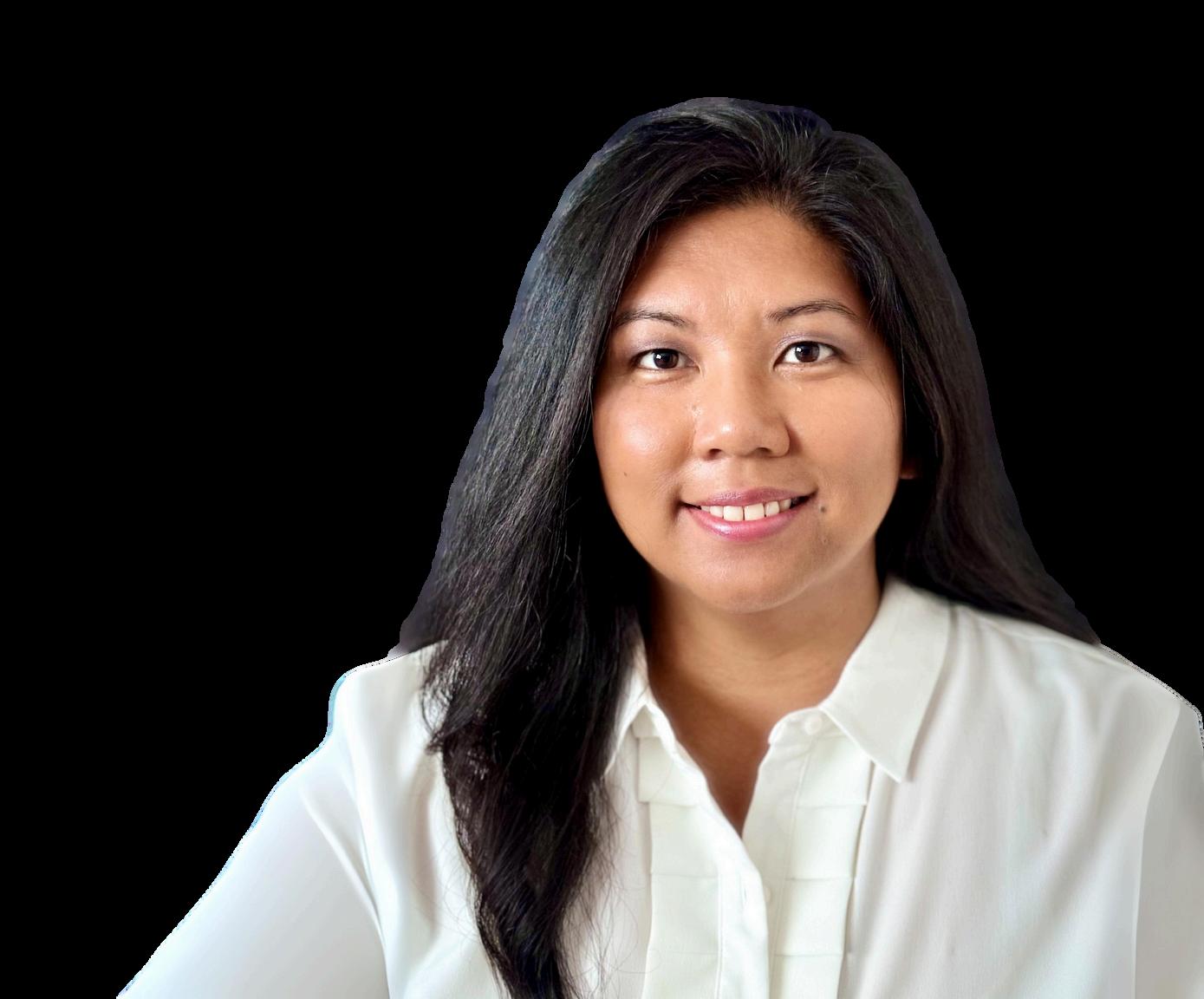

CHRIS ESCOBAR
LAW FIRM & CONFERENCES
Geraci LLP is a full-service law firm and conference line specializing in representing non-conventional lenders.
WE PROVIDE PEACE OF MIND

CONNECT WITH US (949) 379-2600
https://geracilawfirm com/
https://geracicon com/
https://geracilawfirm com/originate-report/
OUR SERVICES
CORPORATE & SECURITIES
• Securities Offerings and Compliance
• Entity Formation and Governance
• Corporate Transactions and Combinations
• Mortgage Licensing
BANKING & FINANCE
• Nationwide Loan Document Preparation
• Foreclosure and Loss Mitigation
• Nationwide Lending Compliance
• Capital Markets Agreements and Negotiation
LITIGATION
& BANKRUPTCY
• Foreclosure Related Litigation
• General Business Litigation (Partnership, Investor, and Vendor Disputes)
• Creditor Representation in Bankruptcy
• Other Mortgage Loan Litigation
• Collection Actions
• Defense of Claims from Borrowers
• Replevin
OTHER SERVICES
• Captivate
• Innovate
• Originate Report Magazine
• Lender Lounge Podcast
TRANSITIONFROM INDIVIDUAL TRUST DEEDS MORTGAGE FUND TOA
The Challenge
While individual trust deeds had been a stable investment vehicle for investors seeking consistent monthly income and the security of real estate, they also offer several challenges
Quality of Loans: The loans sourced through brokers vary in quality, sometimes resulting in higher risk.
Management Effort: Identifying suitable trust deeds require significant time and effort, followed by ongoing loan servicing.
Investment Diversification: The investor’s portfolio was concentrated in a individual loan, posing higher risk if a single loan defaulted
Liquidity Issues: Individual trust deeds often lack liquidity, making it difficult to access funds when needed
Background
Investor Profile:
Type: Individual real estate investor
Previous Investments: Individual trust deeds
Experience: Over 20 years in real estate investing
Investment Amount: $500,000

Investing in real estate can be highly rewarding, but it also comes with its challenges This case study explores why a seasoned investor, who had traditionally invested in individual trust deeds, decided to transition to investing in TaliMar Financial’s mortgage fund. The transition was driven by the superior quality of loans offered by the mortgage fund, the reduced management burden, the benefits of compounded interest, diversified risk, increased liquidity, and favorable tax deductions.
The Solution: Transitioning to a Mortgage Fund
After thorough research, the investor decided to transition to TaliMar Financial’s mortgage fund. Here’s why:
1. Higher Quality Loans: Experienced real estate investors and mortgage brokers prefer to work with a mortgage fund to ensure certainty of close That is why we have seen a noticeable increase in the quality of loan volume since launching the fund.
2. Reduced Management Burden: The fund is managed by an experienced team who handle all aspects of loan origination, underwriting, and loan servicing, freeing the investor from the cumbersome task of loan administration.
3. Compounded Interest: One of the biggest advantages of a mortgage fund is the ability to reinvest distributions and earn compounded interest. In fact, over 50% of investors in the mortgage fund chose to reinvest their distributions.

4. Diversified Risk: Investing in the mortgage fund spreads the investor’s risk across a diversified portfolio of loans, reducing exposure to any single loan’s performance
5. Increased Liquidity: The mortgage fund offers greater liquidity compared to individual trust deeds, allowing the investor to add or withdrawal funds more easily
6. Tax Advantages: The Fund offers several tax advantages. First, investors that invest with non retirement funds qualify to receive the 20% Qualified Business Income (QBI) tax deduction Additionally, out of state investors are not subject a California state tax withholding.
Outcome
Performance and Returns:
Monthly Return: The mortgage fund delivers consistent monthly returns, often exceeding the risk adjusted return when compared with individual trust deeds.
Reduced Effort: The investor no longer needs to spend time identifying and managing loans, allowing them to focus on other investment opportunities and personal interests.
Enhanced Liquidity: The investor has access to funds with relatively short notice, providing financial flexibility
Tax Savings: The 20% QBI deduction resulted in substantial tax savings, enhancing the overall profitability of the investment.
Execution
Investment Process
Initial Consultation: The investor had an in-depth consultation with TaliMar Financial to understand the fund’s structure, benefits, and potential returns.
Investment: The investor allocated $500,000 to the mortgage fund
Reinvestment Plan: A strategy was implemented to reinvest dividends for compounded growth.
Conclusion
This case study underscores the advantages of transitioning from individual trust deeds to a mortgage fund investment. For this seasoned investor, the move to TaliMar Financial’s mortgage fund provided higher quality loans, reduced management burdens, the benefits of compounded interest, diversified risk, increased liquidity, and favorable tax treatment.
Key Takeaways
Quality and Risk Management: Mortgage funds with stringent underwriting standards can offer higher quality loans and better risk management
Operational Efficiency: Professional management of the fund alleviates the administrative burden on individual investors
Compounded Growth: Reinvesting dividends within a mortgage fund can significantly enhance long-term returns.
Diversification: Spreading risk across a portfolio of loans reduces the impact of any single loan defaulting
Liquidity and Flexibility: Mortgage funds generally offer more liquidity than individual trust deeds, providing investors with greater financial flexibility
Tax Benefits: Investors may benefit from substantial tax deductions, improving net returns.


ARE EXCITED TO ANNOUNCE THAT TALIMAR INCOME FUND I RETURNED 9 46% IN THE 3RD QUARTER OF 2024. WE WERE ABLE TO TAKE ADVANTAGE OF RISING INTEREST RATES AND PASS THAT HIGHER RETURN ON TO INVESTORS.
2 0 2 4 Q 3 S T A T







LEVERAGING LINES OF CREDIT
FOR PRIVATE LENDERS IN THE TRUST DEED INVESTMENT SPACE
The Role of Private Lenders in the Trust Deed Ecosystem
Trust deed investors rely on private lenders to fund real estate-backed loans, typically short-term and secured by properties. These loans offer high-interest returns to the trust deed investors, but it’s the private lender who must have the capital on hand to fund the deals The private lender’s role is vital, not only for facilitating the initial loan but also for managing ongoing borrower relationships, ensuring compliance, and overseeing the trust deeds until they are repaid.

The trust deed investment market has become an increasingly attractive space for investors seeking aboveaverage returns backed by real estate collateral
However, behind every trust deed investment is a private lender who plays a critical role in providing the capital that makes these transactions possible. These private lenders often need flexible financing to expand their loan portfolios and meet investor demand efficiently
At Endeavor Bank, we specialize in providing lines of credit to private lenders, enabling them to scale their lending operations and maintain liquidity in an industry where capital availability can make or break an opportunity
In this article, we’ll explore the benefits of lines of credit for private lenders, explain why partnering with a specialized bank can offer an edge in the trust deed investment space, and share how private lenders can optimize their financial strategies to better serve trust deed investors.
The key challenge for private lenders is balancing liquidity with growth. A lack of capital reserves can limit their ability to fund new deals, while tying up too much capital in existing loans reduces flexibility. This is where a revolving line of credit from a specialized bank like Endeavor Bank can provide a significant advantage
The Power of Lines of Credit for Private Lenders
A line of credit tailored to the needs of private lenders can be a game-changer, offering a flexible, revolving source of capital to fund loans without depleting cash reserves.
This structure allows private lenders to operate more nimbly, seizing opportunities to fund trust deed investments as they arise while maintaining the liquidity needed to grow their business.
Unlike term loans, which provide a lump sum that must be repaid on a fixed schedule, a line of credit provides ongoing access to capital that can be drawn upon as needed.


Private lenders can use the credit line to fund trust deed loans, cover operational costs, or manage cash flow during cyclical slowdowns, then repay and reuse the credit as their loans mature This revolving feature offers a high degree of flexibility, enabling lenders to remain agile and responsive to market conditions
For example, if a private lender has several trust deed loans maturing in the coming months but encounters an unexpected opportunity to fund a lucrative real estatebacked loan, they can draw on their line of credit to cover the short-term need. As their other loans are repaid, the lender can then pay down the credit line, keeping their borrowing costs under control and maintaining financial flexibility
Strategic Growth Without Sacrificing Liquidity
Private lenders can also use lines of credit strategically to expand their loan portfolios. Rather than relying solely on personal capital or outside investors, a line of credit can help private lenders scale their operations more efficiently, allowing them to fund more loans and serve a larger pool of trust deed investors.
For instance, if a private lender sees increased demand from trust deed investors looking to take advantage of a hot real estate market, they can leverage their line of credit to meet this demand. This allows the private lender to fund more deals without overextending their own capital reserves, positioning them for growth while still maintaining a buffer of liquidity
However, responsible use of leverage is essential for longterm success. Endeavor Bank’s approach goes beyond simply providing credit; we work closely with our private lending clients to structure credit solutions that align with their specific business models, risk profiles, and cash flow dynamics. By taking a consultative approach, we ensure that the credit lines we offer are not just a financial product, but a strategic tool for growth and sustainability

By Dan Yates, CEO of Endeavor Bank
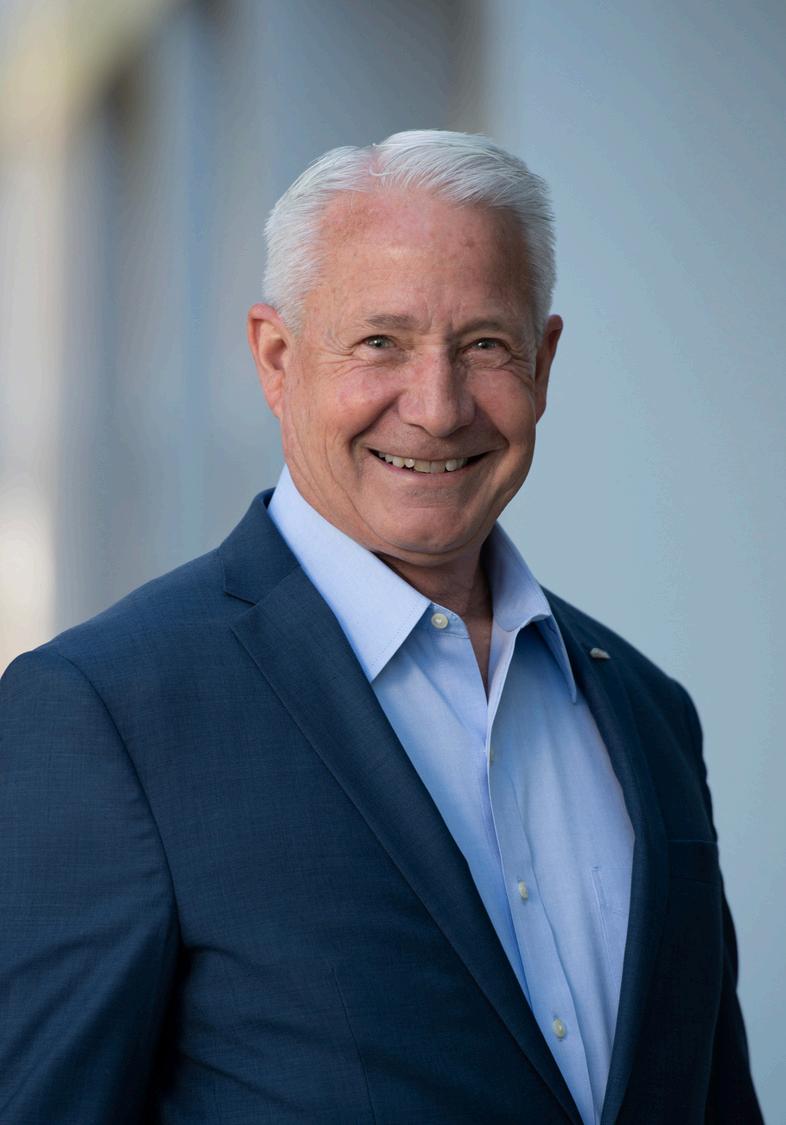
Why Private Lenders Need a Specialized Banking Partner
One of the challenges private lenders often face is finding a banking partner who understands the trust deed investment space Traditional banks may not fully grasp the unique dynamics of private lending, such as the shortterm nature of many loans, the importance of collateral, or the liquidity demands of lenders who need to respond quickly to funding requests.
At Endeavor Bank, we have deep expertise in working with private lenders in the trust deed space. We understand the intricacies of private lending, from regulatory requirements to risk management, and we tailor our financial solutions accordingly Our lines of credit are designed to meet the specific needs of private lenders who support trust deed investors, offering flexibility and control that generalpurpose financial products may not provide.
In addition, our team provides more than just financing We offer insight and advisory services that help private lenders navigate market trends, regulatory changes, and business cycles. This consultative approach means that we are not just a provider of capital; we are a strategic partner committed to the long-term success of our clients
Conclusion: Empowering Private Lenders for Success
For private lenders who fund trust deed investments, access to flexible, reliable capital is crucial to success. A revolving line of credit from Endeavor Bank offers the liquidity needed to grow a lending business, maintain flexibility, and meet the needs of trust deed investors without overextending cash reserves
By partnering with a bank that understands the unique challenges of private lending, lenders can unlock new opportunities and scale their operations with confidence At Endeavor Bank, we pride ourselves on delivering customized, relationship-based financial solutions that empower private lenders to thrive in a competitive market. If you ’ re a private lender looking to enhance your lending capacity and build a more agile business, we invite you to explore how a partnership with Endeavor Bank can help you achieve your goals.
PASSION With
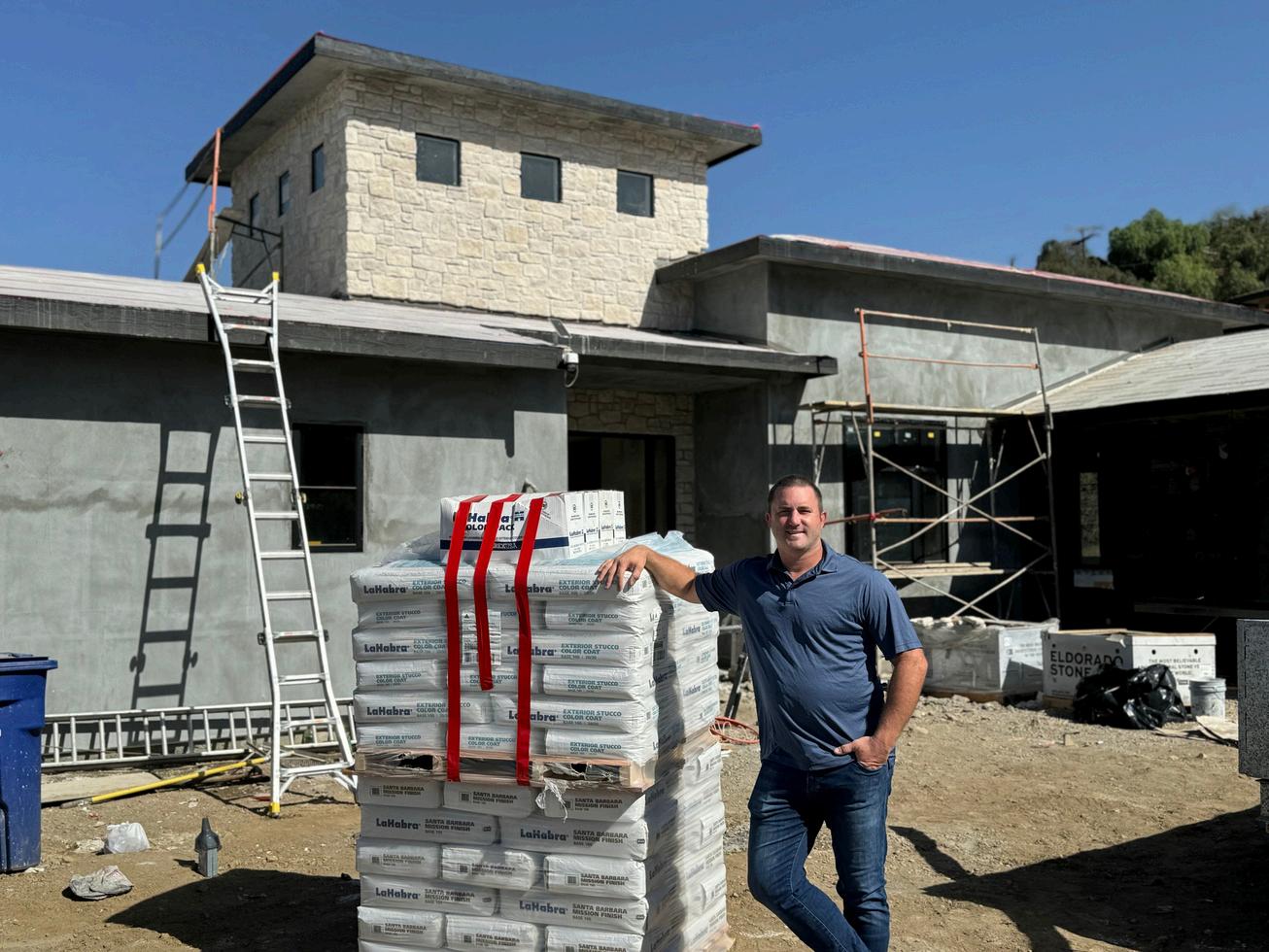
At TaliMar Financial, we ’ re excited to spotlight Troy Selland, a seasoned builder with deep roots in the construction industry. From working alongside his family as a young boy to managing his own projects today, Troy brings passion, creativity, and strategic insight to every build. With a focus on spec homes and fix-and-flips, he thrives in identifying value and navigating challenges to create exceptional properties.
In this Q&A, Troy shares his journey, insights, and what excites him most about the future of real estate development.
How did you get started in the industry?
I was born into the industry because my grandfather was a general contractor, and several of my uncles were plumbing contractors. I spent weekends and summers working with my family, and after college, I started my own business
What types of real estate projects do you target and why (property type, # of units, etc.)?
Currently, I am focusing on building spec homes and doing fix-and-flip projects because I enjoy putting my personal touch on the design and construction This allows me to create a high-quality and unique product.



What are the top three things that you consider when buying a new project?
Timing is the most crucial factor, followed by location. Some areas are experiencing development, and if you can get in at the beginning of an upswing, there is great potential for success Lastly, the cost of entry is important, including the purchase price of the land or the flip house.
What do you enjoy most about investing in real estate?
I enjoy the creative freedom that comes with design, and I like to incorporate artistic influences a trait I inherited from my mother, who was an art teacher for decades.
What do you enjoy outside of real estate?
I also cherish spending time at my cabin in Eastern Washington, on 176 acres in the Colville National Forest. There, I enjoy quiet family time under the stars, riding quads, fishing, having bonfires, and cooking homemade meals.
Can you provide a brief explanation of your current project (how did you find the deal, what are you doing, and what is the plan for the project after you complete it)?
One of my recent projects was a luxury single-family residence in Vista, California, situated on one acre I purchased the property for $400,000 and invested approximately $1.1 million into construction costs. The exit strategy is to sell the property I was particularly fond of this project because it presented some challenges that deterred other buyers, allowing us to acquire the property below market value. The land required a septic system with a pump, which discouraged many potential buyers
What is your outlook on future opportunities?
The outlook is very promising I'm leaning towards focusing entirely on these types of investments and moving away from retail. I'm particularly excited about the opportunities in the Vista area, where we are seeing significant growth and rising property values.
OUR EVENTS
Our team was busy attending various networking events. The events bring us together with both borrowers and investors. Check out some snaps here, and don't forget to follow us on social media to keep up with what we ' re doing!

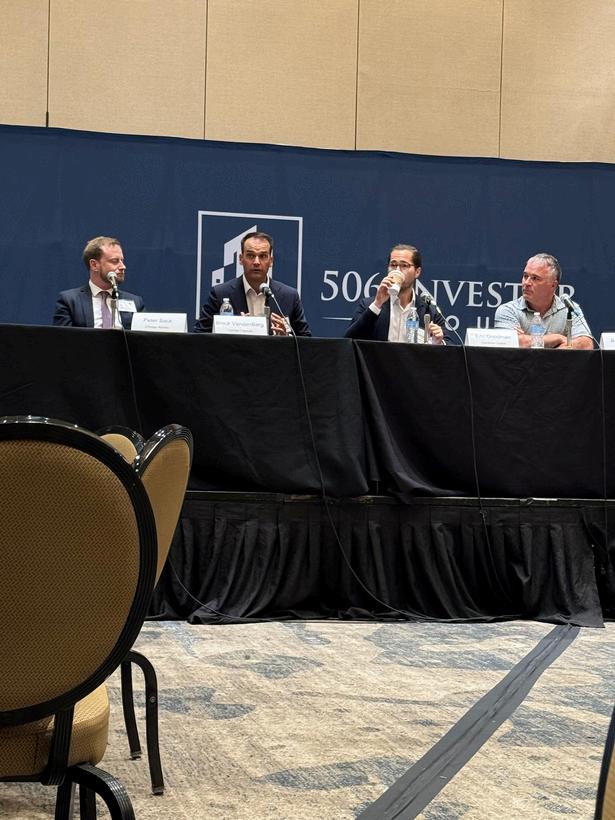
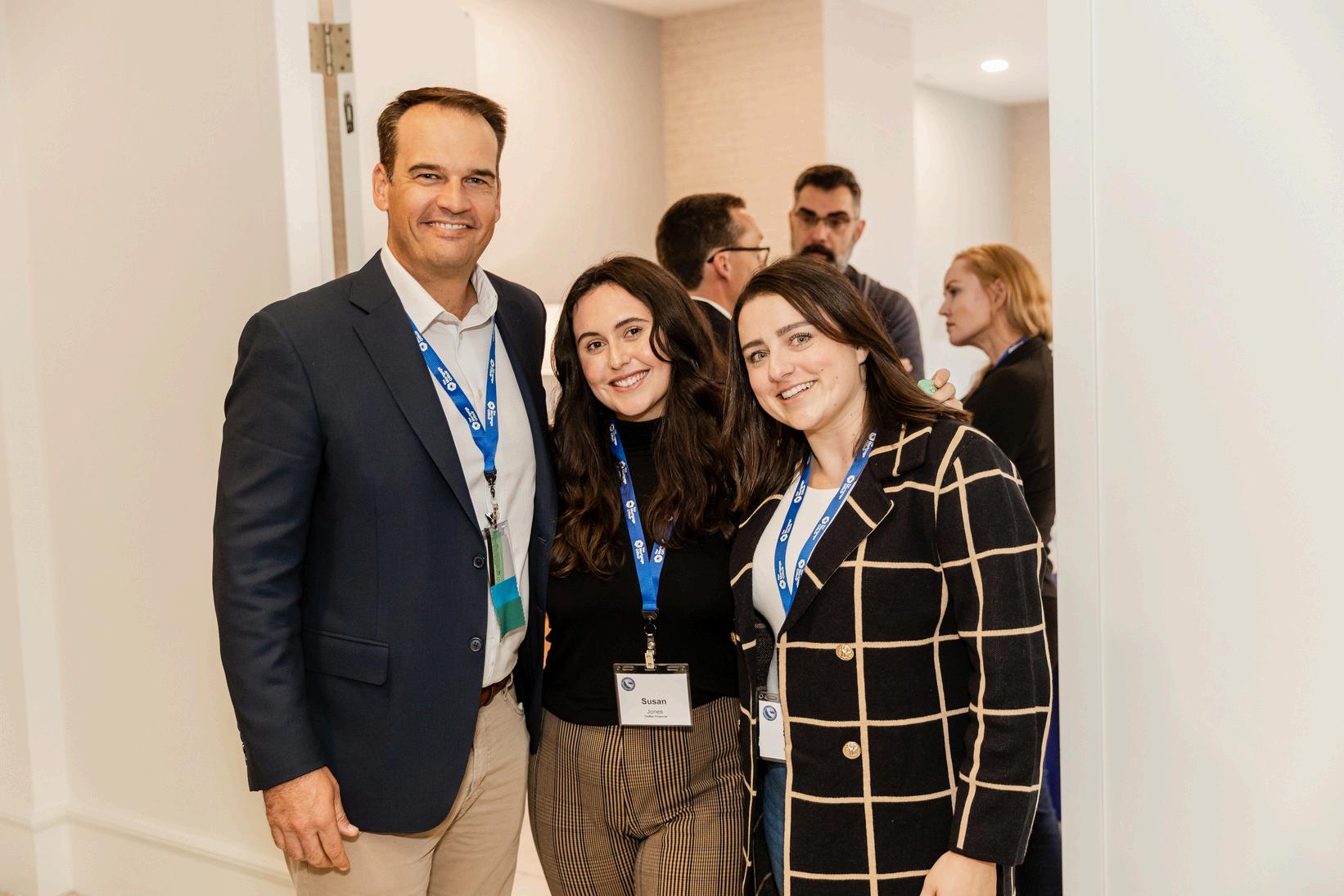


Scan our QR code with your smartphone camera to see our profile.
California Mortgage Association Fall Seminar
506 Investor Group Annual Conference
Brock VandenBerg, Susan Jones, Sarah Zybura CMA Private Money Basics Conference
National Lending Experts Conference
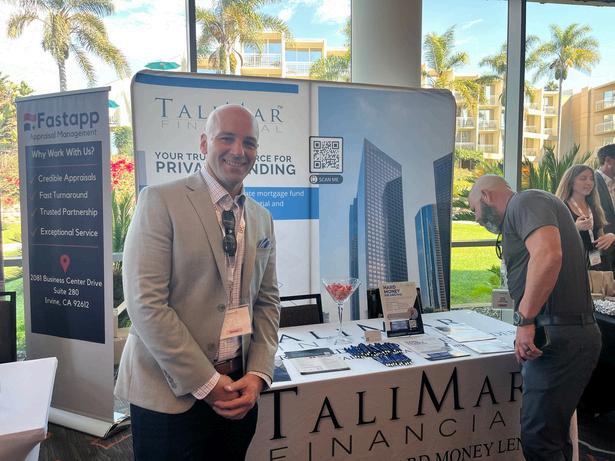

ANNOUNCEMENTS
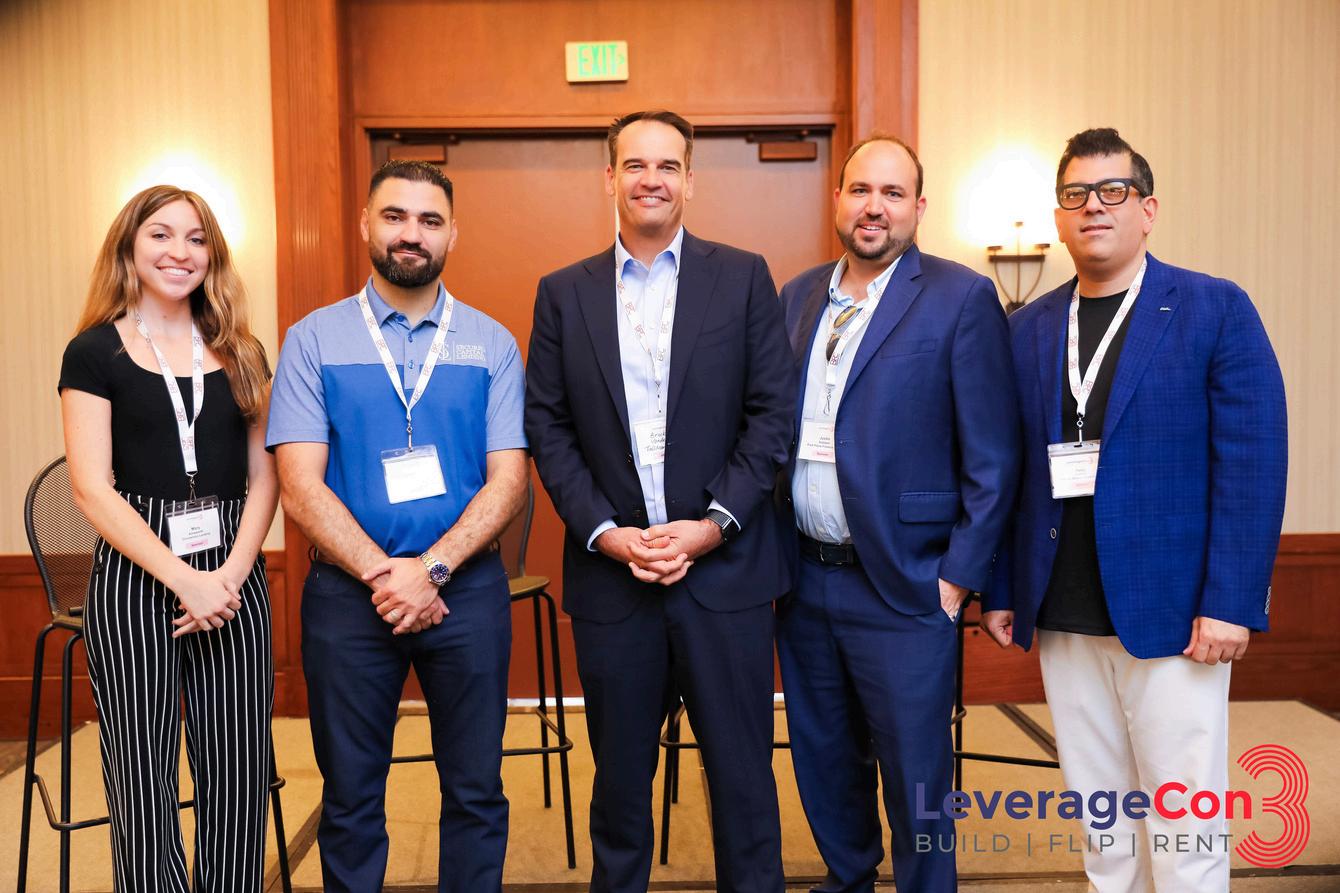
NOV. 10-11 2024 / LAS VEGAS AMERICAN ASSOCIATION OF PRIVATE LENDERS ANNUAL CONFERENCE
We are thrilled to announce that Brock VandenBerg, President of TaliMar Financial, will be teaching a course on Fraud Prevention at the American Association of Private Lenders (AAPL) annual event
The course will be attended by mortgage fund managers and others that participate in the private lending industry.
The American Association of Private Lenders is the oldest and largest national association for the private lending industry. Each year we host the nation’s largest private lending event at Caesars Palace, Las Vegas, featuring the right mix of comprehensive education, networking, and of course plenty of classic Vegas fun

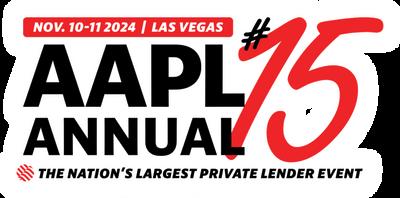
Brandon Warnke
Brock VandenBerg, Robert Finlay, California Mortgage Association Fall Seminar
Brock VandenBerg, President of TaliMar Financial, led a panel discussion on the rise of private lending in today's market at the National Lending Association conference in San Diego, CA

HOW DOES A PRIVATE MORTGAGE FUND MAKE MONEY?
Private mortgage funds, often referred to as hard money lenders or private lenders, are an alternative to traditional banking institutions for real estate financing These funds pool capital from individual investors, family offices, and institutional partners to provide short-term loans secured by real estate. Given their unique structure and approach, private mortgage funds offer an attractive investment opportunity with potential for high returns This article explores the mechanisms through which private mortgage funds generate revenue
Interest Income
Private mortgage funds, often referred to as hard money lenders or private lenders, are an alternative to traditional banking institutions for real estate financing. These funds pool capital from individual investors, family offices, and institutional partners to provide short-term loans secured by real estate. Given their unique structure and approach, private mortgage funds offer an attractive investment opportunity with potential for high returns. This article explores the mechanisms through which private mortgage funds generate revenue
Origination Fees
Private mortgage funds also generate revenue through origination fees These are upfront fees charged to borrowers for processing a new loan application
Origination fees usually range from 1% to 5% of the loan amount and are paid at the time of loan closing These fees cover the costs associated with underwriting the loan, conducting due diligence, and other administrative tasks For the fund, origination fees provide an immediate influx of cash, contributing to the overall profitability of the lending operation.
Servicing Fees
In addition to origination fees, private mortgage funds may earn servicing fees
These fees are charged for managing the ongoing administration of the loan, including collecting monthly payments, maintaining records, and handling any issues that may arise during the loan term. Servicing fees are typically a small percentage of the loan amount and are charged annually While not as substantial as interest income or origination fees, servicing fees provide a steady stream of revenue that helps cover operational costs
Default Interest and Late Fees
When borrowers fail to make timely payments, private mortgage funds can impose default interest and late fees. Default interest is an increased interest rate applied to the remaining loan balance when a borrower defaults on their payments. Late fees are additional charges incurred for each late payment These penalties serve as a deterrent to late payments and defaults, while also providing additional income for the fund. Although relying on default interest and late fees is not the primary revenue strategy, they can contribute significantly in cases of borrower delinquency.
Prepayment Penalties
Some private mortgage loans include prepayment penalties, which are fees charged to borrowers who pay off their loans early. These penalties protect the lender from losing expected interest income due to early repayment Prepayment penalties can be structured as a percentage of the remaining loan balance or as a set fee For private mortgage funds, these penalties ensure a more predictable revenue stream by mitigating the risk of early loan payoff.
Reinvestment of Profits
Profits generated from interest income, fees, and capital gains are often reinvested into new loans, creating a compounding effect that enhances the fund’s revenue-generating capacity. By continuously recycling capital, private mortgage funds can maintain a high level of loan origination activity, which in turn drives sustained profitability. Reinvestment allows the fund to leverage its earnings to generate more income, benefiting both the fund managers and the investors.
Capital Gains from Property Sales
In certain scenarios, private mortgage funds may take ownership of the underlying property, either through foreclosure or by acquiring real estate as part of a loan arrangement When the fund sells these properties, it can realize capital gains. The difference between the purchase price (or the outstanding loan balance in foreclosure) and the sale price represents profit While this is not a primary revenue source, it can contribute to the overall financial performance of the fund, especially in appreciating real estate markets

Conclusion
Private mortgage funds employ a multifaceted approach to generating revenue, leveraging high interest rates, various fees, and strategic reinvestment of profits Their ability to provide flexible and timely financing solutions for real estate projects positions them as a valuable alternative to traditional lending institutions For investors, private mortgage funds offer the potential for high returns, albeit with a higher risk profile. Understanding the revenue mechanisms of these funds is crucial for both investors and borrowers to make informed decisions in the dynamic real estate finance landscape.
by T Robert Finlay, Esq of Wright, Finlay & Zak, LLP
CMA SPONSORED BILL CONFIRMS USURY EXEMPTION
WHILE ALSO HELPING BORROWERS (SB 1146)
Rarely are legislative updates full of good news, but this one is! Governor Newsom recently signed Senate Bill 1146, sponsored by the California Mortgage Association (“CMA”) and co-written by Wright, Finlay & Zak, LLP. SB 1146 is the long-awaited fix to the usury risk created by the In re Moon decisions. Note – SB 1146 is not effective until January 1, 2025. Please continue to be careful when modifying, extending, or forbearing any loan through the end of the year!
B
y way of background, California loans with interest rates over 10% are considered usurious unless one of the many exemptions apply. In the private lending space, the most common exemption is when the loan is negotiated or arranged by a licensed broker
In that event, the interest rate can exceed 10%. In 2023, the Bankruptcy Appellate Panel out of the 9th Circuit (“BAP”) dealt lenders using the “broker exemption” a blow when it held that, in order to maintain the broker exemption following a forbearance, the forbearance itself must be negotiated and arranged by the licensed broker who originated the loan itself AND that loan was in connection with a sale, lease or other transaction (e g , a purchase money loan).
As a result, the BAP’s decision in In Re Moon severely limits a lender’s options when trying to work with a borrower to avoid foreclosure on a loan with an interest rate over 10% Specifically, the lender can – (1) if it was a purchase money loan, use the original broker to negotiate the forbearance; (2) refuse to do a forbearance, i e , foreclose; (3) lower the interest rate to below 10% as part of the forbearance; or (4) risk exposure for not following the BAP’s opinion
The lender in the Moon case appealed the matter to the 9th Circuit. Industry groups rallied behind the lender (who was just trying to help the borrower avoid foreclosure). Our office filed an amicus brief on behalf of the CMA and the National Private Lenders Association
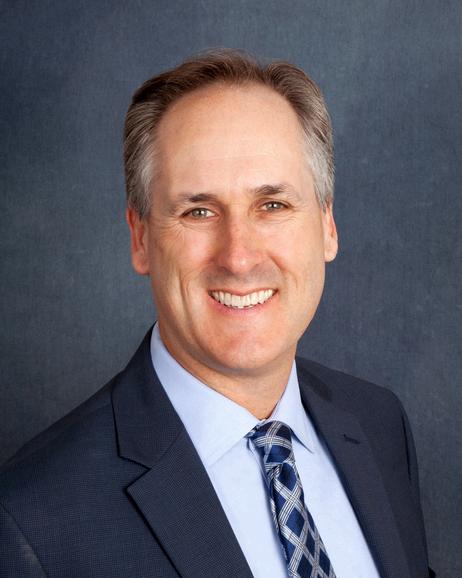
Unfortunately, the 9th Circuit affirmed the BAP decision (in an unpublished decision), agreeing with its holdings that: (1) the settlement agreement was a forbearance for purposes of the usury laws, (2) it was not subject to an exception under 1916 1 (as this was not a credit sale and no broker was involved in the forbearance), (3) it did not matter that the interest rate was lowered since it was still above 10%, and (4) the lender was nonetheless entitled to post-judgment interest on the principal
With the judicial battle lost, the CMA proposed SB 1146, which amends the applicable law to provide that any licensed broker can negotiate or arrange a “forbearance, modification or extension” of a loan with an interest rate over 10% and keep the broker exemption to the usury cap intact Thank you to the CMA, its lobbyist, Mike Belote, its Legislative Committee Chair, Liz Knight, and everyone else who helped get SB 1146 through both houses!
If you have any questions on this issue, please feel free to contact Robert Finlay at rfinlay@wrightlegal net

Disclaimer: The above information is intended for information purposes alone and is not intended as legal advice. Please consult with counsel before taking any steps in reliance on any of the information contained herein
OPTIMIZING THE P OF MORTGAGE REI SOLUTIONS TO CO
CHALLENGES
Mortgage Real Estate Investment Trusts (also known as mREITs) [MS1] have become increasingly popular in the private lending industry. Thanks to features like 20% tax savings, UBTI blocking, and state withholding blocking, these benefits have made mREITs a staple in investment strategies since 2017. While Mortgage REITs bring compliance challenges, a proactive approach can help mitigate these risks, allowing funds to maximize their potential.
Below are three common issues that can occur from utilizing mREITs, and the solutions that can transform these challenges into opportunities.
1. Loan Sales: Streamlining Processes to Maintain Compliance
A key compliance issue for Mortgage REITs is loan sales, particularly since mREITs must remain passive investors When loans are originated with the intent to sell, it can inadvertently trigger prohibited dealer income. This potential pitfall, however, can be easily navigated with strategic foresight
Solution: One of the most effective ways to manage this risk is by closing and selling loans through the parent fund instead of the mREIT itself This method helps maintain compliance while giving funds the flexibility they need For cases where the mREIT already holds the loan, it can be assigned to the parent fund for sale, if the mREIT demonstrates that the original intent was to hold the loan rather than sell it By planning the structure of loan deals in advance, funds can maintain compliance without sacrificing growth opportunities.
2. Closely Held Violations: Proactive Monitoring and Structuring
Another challenge with Mortgage REITs is avoiding closely held violations, which means that no 5 or fewer individuals can own more than 50% of the REIT on a fully diluted basis This requirement often trips up investors who fail to conduct regular testing or are unaware of the IRS’s specific definition of "individual" ownership, which includes direct family. The deadline for this test is the second half of the tax year after REIT election

Solution: The best approach here is diligent monitoring, conducting quarterly tests and structuring offering documents to provide flexibility in redeeming shares when necessary When these measures are in place, mREITs can avoid violations while ensuring broad ownership Clear communication with investors and proactive management of the cap table will ensure that the mREIT remains compliant, preventing costly mistakes.
3. Adequate Distribution of Taxable Income: Leveraging CPA Expertise
Mortgage REITs are required to distribute a minimum of 90% taxable income to their investors However, inadequate accounting for defaulted loans, valuation allowances, or loss reserves can disrupt this process, leading to potential compliance issues. This challenge can be turned into an advantage by working with experts
Solution: By partnering with an experienced CPA, mREITs can ensure accurate accounting practices are in place. Structuring the mREIT as a subsidiary under a parent mortgage fund offers even greater flexibility In this setup, the parent fund can handle loan sales, while the SUBREIT ensures that 100% of its taxable income is distributed to the parent. This structure provides more control and planning around taxable distributions. Additionally, by evaluating the cap table of the parent fund quarterly, sponsors can confidently avoid any closely held violations
Unlocking the Full Potential of Mortgage REITs

Mortgage REITs offer significant advantages for debt funds, with benefits like tax savings and higher dividend yields. Although challenges such as loan sales, closely held violations, and fully taxed distributions exist, they can be successfully managed with thoughtful planning and professional support. By proactively addressing these challenges, funds can capitalize on the benefits of mREITs and drive their investment strategies forward.
With the right structures and safeguards in place, mREITs can continue to thrive as an essential component of debt funds, opening the door to sustained growth and profitability.
If you are interested in learning more about Mortgage REITs, contact Kevin Kim, Geraci Law Firm’s Corporate & Securities Partner to see how we can assist you through this process.
ABOUT US
TaliMar Income Fund I is a mortgage fund focused on funding residential and commercial private money loans. Since 2008, our experienced management team has successfully funded 950+ loans totaling $500+ MM Our mission is to provide investors a transparent investment platform to earn consistently monthly income.
If you have any questions, please do not hesitate to contact our Investor Relations team at (858) 242-4900.
888.868.8467 toll-free
FOLLOW US ON SOCIAL MEDIA CONTACT
info@talimarfinancial.com talimarfinancial.com
Disclosure: This advertisement is for informational purposes only and does not constitute an offer to sell nor a solicitation of an offer to buy any security Such offers can only be made by the Private Placement Memorandum (“PPM”) and related subscription documents Any investment in TaliMar Income Fund I involves significant risk You should not enter into any transactions unless you fully understand all such risks and have independently determined that such transactions are appropriate for you Business Purpose Loans arranged through TaliMar Income Fund I, LLC (DFPI CFL License No 60DBO-137778)

